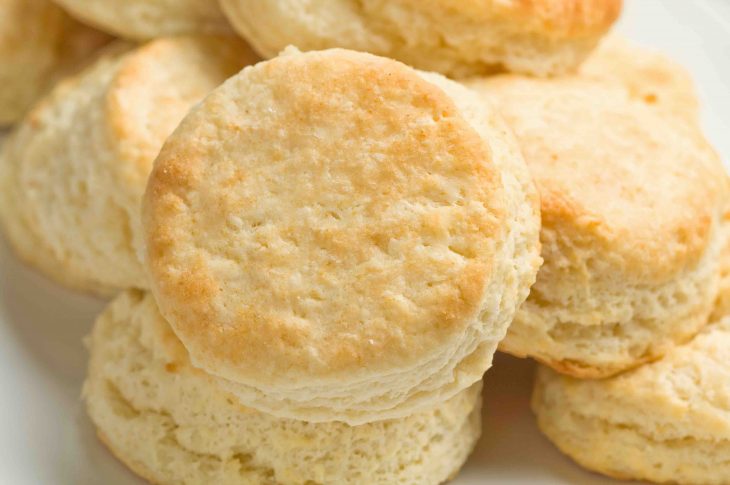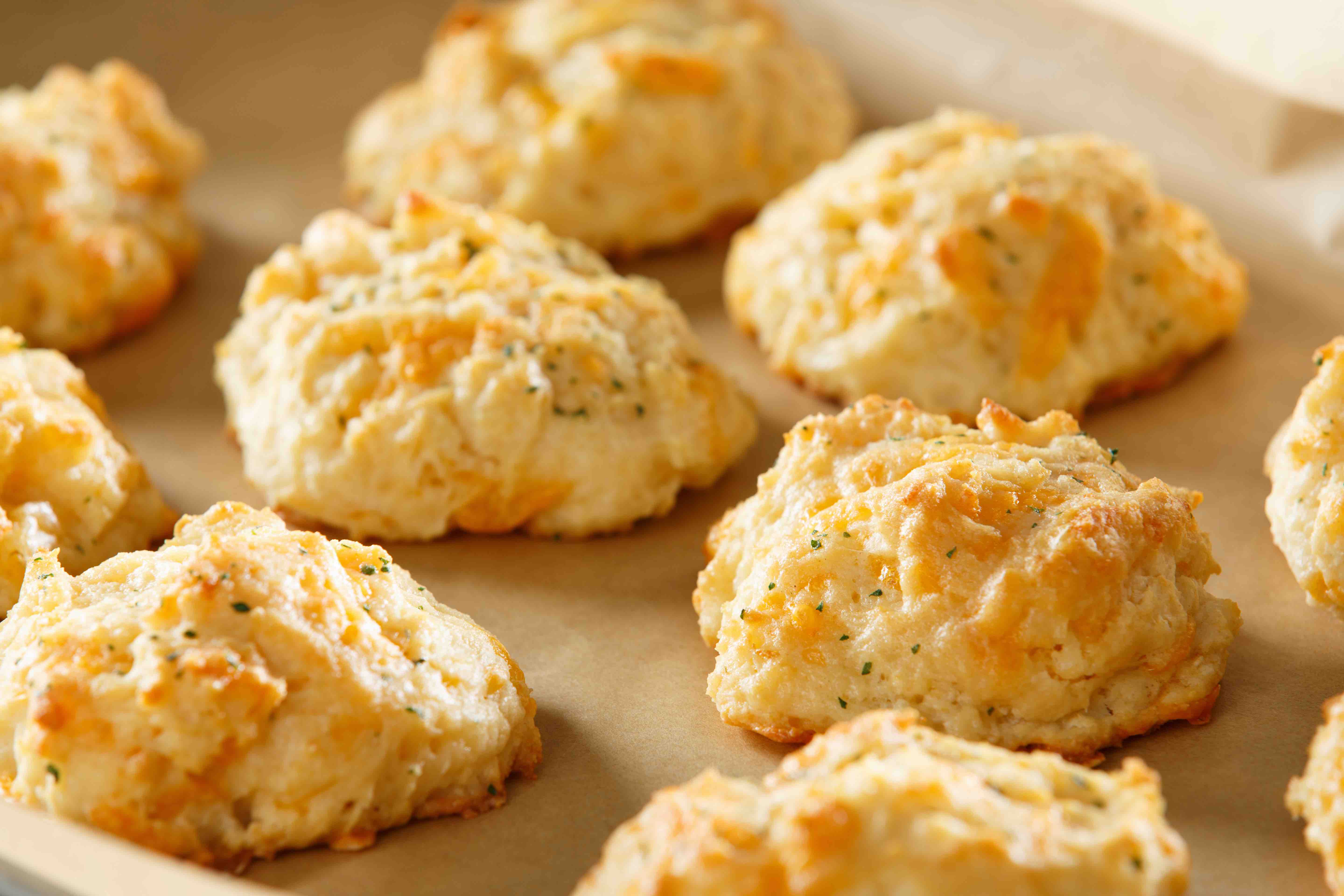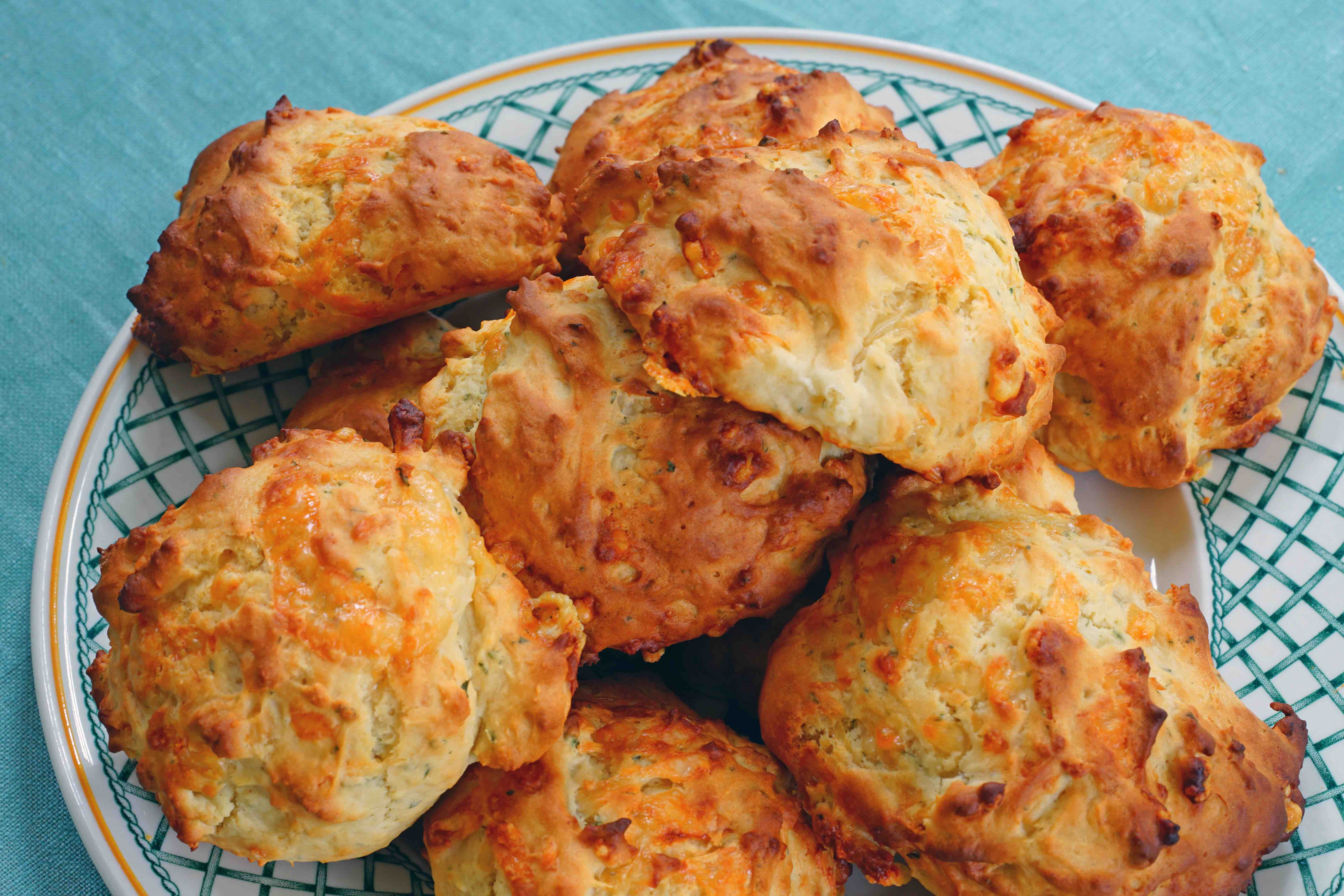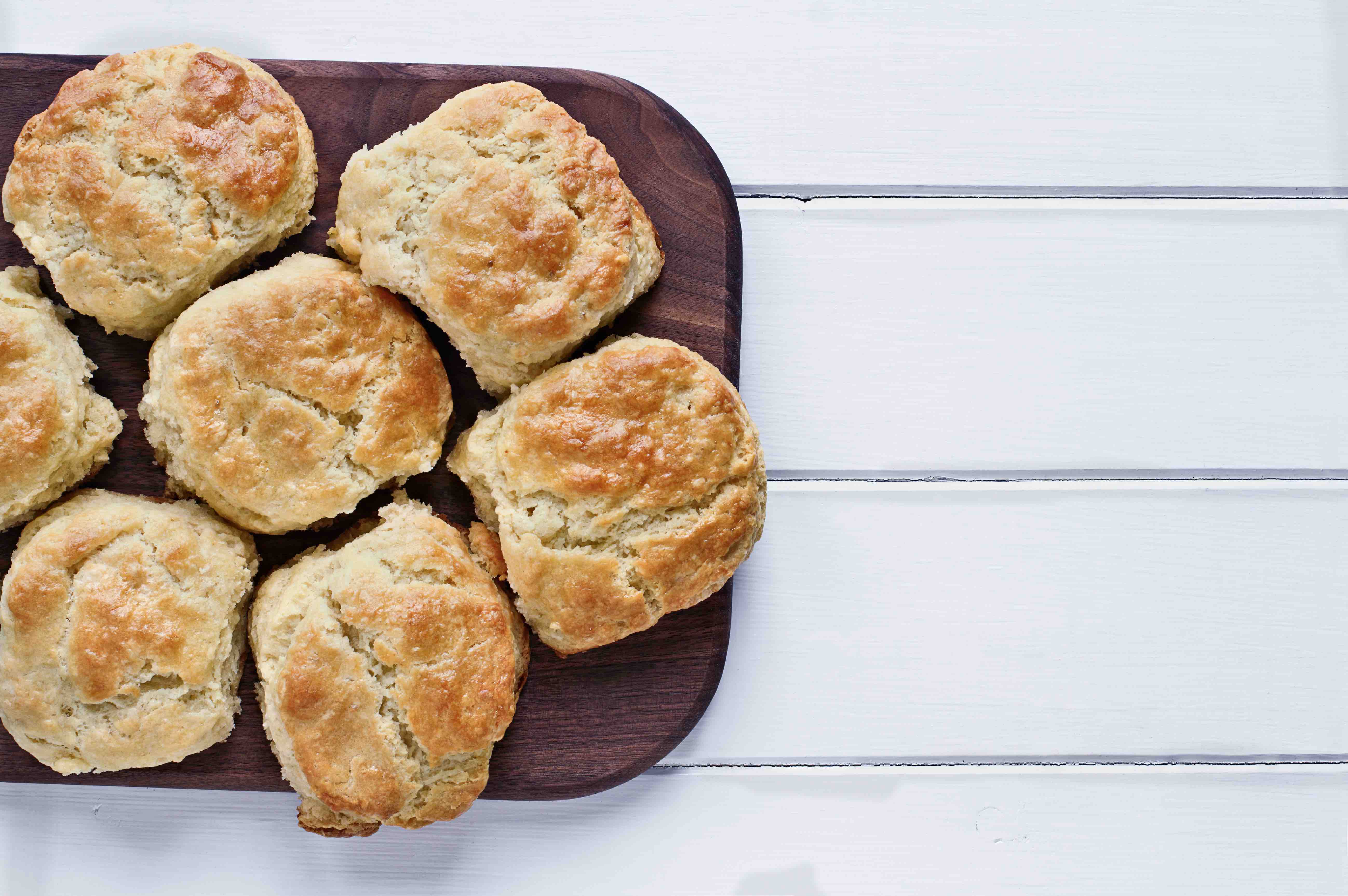
Biscuits, those delightful treats that effortlessly find their way into our hearts and stomachs, have been a staple in the world of baked goods for centuries. Whether you enjoy them with your morning cup of coffee, as an afternoon tea snack, or as a midnight indulgence, biscuits have earned their place in our culinary repertoire. But have you ever wondered about the nutrition facts hiding within these golden-brown beauties? Let’s dive in and uncover these 15 biscuit nutrition facts.
Calorie Content
Biscuits, while delicious, are calorically dense. An average plain biscuit can contain around 150-200 calories, and sometimes more if you include dips and flavored biscuits. Remember, moderation is key!
Carbohydrate Content
Carbohydrates are the primary component of biscuits. A single biscuit might have anywhere from 20-30g of carbs, making them an efficient source of quick energy.
Moderate Protein Content
Biscuits contain moderate amounts of protein, usually around 2-4 grams per serving. However, they’re not a significant source of high-quality protein.

High in Fats
A single biscuit typically contains around 8-15 grams of fat, including both saturated and unsaturated fats, depending on the ingredients used.
Low in Fiber
A typical biscuit offers less than 1 gram of dietary fiber. That said, whole-grain or fiber-enriched ones offer more dietary fiber than regular ones. Dietary fiber aids digestion and helps maintain a healthy weight.
Sodium Levels
Biscuits can be high in sodium, ranging anywhere from 300-350 milligrams. This is primarily due to the baking powder and salt used in their preparation. Garlic and cheese, and cheddar cheese-flavored biscuits also tend to have higher sodium levels than plain buttermilk ones.

Sugar Levels
Plain biscuits usually have 1-1.5 grams of sugar. Most biscuits, especially sweetened varieties, contain added sugars, which can go well above this amount. It’s always wise to check the sugar content on the nutrition label.
Cholesterol Content
Biscuits made with animal fats or butter can contain cholesterol, usually about 1 gram, or lesser. However, those made with vegetable oils are usually cholesterol-free.
Iron Content
Biscuits made from fortified flours can provide a source of iron, which is essential for the production of red blood cells. Most biscuits contain 1-2 milligrams of iron.
Calcium Content
Some biscuits, especially those made with milk or enriched with calcium, contain 141 milligrams of calcium. Though it fulfills only about 11% of the daily value, it is still considered a moderate amount. Calcium is essential for both teeth’ health.
Fortified with B-Vitamins
Biscuits made from fortified flours often contain B vitamins like thiamin (0.21 mg), riboflavin (0.19 mg), and niacin (1.8 mg), which are crucial for energy metabolism.
Allergens
Biscuits can contain common allergens like wheat, dairy, and nuts. Always read labels if you or someone you’re serving has food allergies.

Gluten-Free Varieties
There are gluten-free biscuits available for those with celiac disease or gluten sensitivity. They’re made with alternative flour like almond, rice, or coconut flour.
Vegan Biscuit Options
Vegan biscuits, made without any animal products, are a great option for those following a plant-based diet. They are usually made with soy, almond, or rice milk, as well as vegan margarine.
Homemade vs. Store-Bought
Store-bought biscuits are naturally unhealthier since tend to include more artificial flavoring and preservatives. But, we cannot deny that those buttermilk biscuits are tasty temptations.
As for homemade ones, they are usually the healthier option as you can control the ingredients used, reducing the levels of sodium, sugar, and unhealthy fats. It really depends on the nutrition goals you have to help you decide between homemade and store-bought biscuits.
Final Word
While biscuits are undeniably tasty, it’s essential to consider their nutritional profile when incorporating them into your diet. Whether you’re reaching for a biscuit as a quick breakfast, a convenient snack, or a comforting treat, these biscuit nutrition facts will help you make a more informed dietary choice. As with any food, the key to enjoying biscuits is balance and moderation. Enjoy your biscuits mindfully, savoring each bite of this timeless comfort food.
Was this page helpful?
Our commitment to delivering trustworthy and engaging content is at the heart of what we do. Each fact on our site is contributed by real users like you, bringing a wealth of diverse insights and information. To ensure the highest standards of accuracy and reliability, our dedicated editors meticulously review each submission. This process guarantees that the facts we share are not only fascinating but also credible. Trust in our commitment to quality and authenticity as you explore and learn with us.
